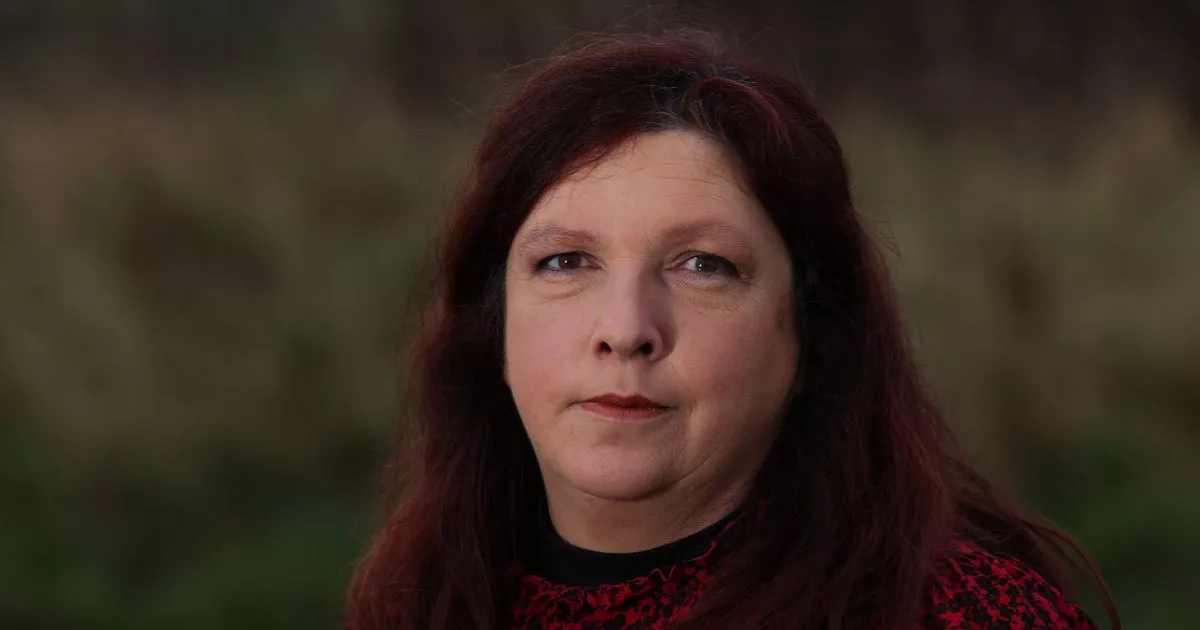Another critical report found there are still widespread and systemic failings in Wirral Council and the NHS despite progress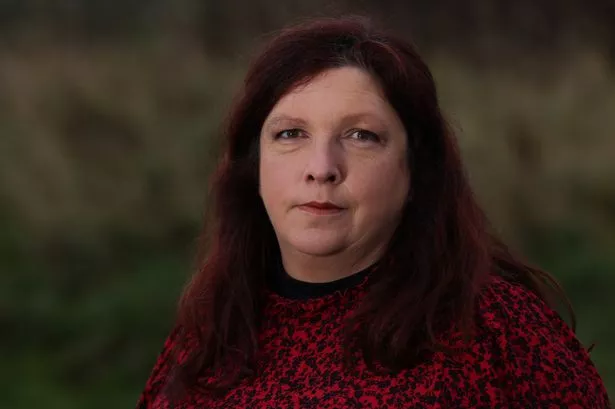 Sue Peacock said: “It’s such a knife edge for those kids. It’s not fair on the kids and it’s not fair on the families”(Image: Liverpool Echo)
Sue Peacock said: “It’s such a knife edge for those kids. It’s not fair on the kids and it’s not fair on the families”(Image: Liverpool Echo)
Families in Wirral are still dealing with the consequences of years of failings by authorities to provide adequate support for their children. This has left some “frustrated and helpless” according to a critical new report.
OFSTED and the Care Quality Commission have concluded that there are still widespread and systemic failings within Wirral Council and the local NHS leading to significant concerns for children and young people with special education needs and disabilities (SEND.) Despite some progress, inspectors said urgent action must be taken.
The inspection in January looked at both the services provided by Wirral Council as well as the NHS Cheshire and Merseyside Integrated Care Board (ICB). It follows a heavily critical inspection in 2021 and a government notice issued last year over a failure to make progress.
Since that notice was issued, the council has invested more money in expanding its SEND team, publicised its services more, and the Department for Education said the council has made a significant improvement. However things haven’t been entirely smooth with industrial action taken by staff who said they were dealing with hundreds of cases at a time and some families have complained things aren’t getting better.
Inspectors found long-standing failings “all too frequently characterised by waiting lists, and delays and failures to identify children and young people’s needs.” While they reported signs things were starting to improve, they were at an early stage and families were not yet feeling a positive impact.
Following the report, Sue Peacock who offers support for parents, has called on the council to finally get things right, adding: “Families shouldn’t have to fight through tribunals just to get their kid’s needs met.” However the leading group for parents and carers, Parent Carer Participation Wirral (PCPW) is hopeful things will improve following recent work but added: “It is vital that this becomes a true turning point — where real, lasting improvements are delivered at pace.”
In their report, inspectors said: “Children and young people bear the consequences of weak systems for education, health and care (EHC) plans. Furthermore, many EHC plans are rarely, if ever, updated to reflect the reviews that education settings carry out. Consequently, these plans no longer reflect the needs of the children and young people concerned and their needs sometimes go unmet.
“Opportunities to listen to the voices of children and young people are lost. Inspectors heard many examples where parents, carers and professionals who support children and young people feel frustrated and helpless. Some of them have felt this way for years.”
Some of the youngest children needing support received help quicker after training for early years practitioners to help them support children who could develop speech and language difficulties. However those who do need those assessments wait months for appointments with “insufficient action to reduce waiting lists to an acceptable level.”
EHCPs, which outline a child’s needs, were a big issue highlighted in the report with wait times “unacceptably long.” The latest statistics show the number of EHCPs completed on time was 14% in December.
Some plans hadn’t been reviewed for years, meaning the information in them was out of date and when delivered, inspectors said they “frequently fall below an acceptable standard for quality.” Contributions from health and social care professionals were often found to be absent.
Inspectors said: “Some plans contain basic mistakes and errors that make them difficult to understand. Others contain incorrect or generic information that does not relate to the child or young person for whom the plan is intended.
“For some, there are inaccuracies about children’s and young people’s circumstances that prevent the plans from being distributed to the people currently caring for them. These weaknesses cause distress and even hamper the efforts of parents and practitioners to meet children’s and young people’s needs.”
Other failings included poor transitions as young adults move from children to adult services with some experiencing anxiety and distress as a result. Poor communication, extremely long waits for specialist help, failings over assessments, disorganisation around access to medical equipment, and the need for more strategic thinking were all highlighted in the report.
However the council’s SENDLO website and the Pilgrim Arts Centre were praised for helping families get support. Inspectors said: “Things are changing for the better. The board has now made a number of improvements to the way that it works.”
Inspectors said protocols had been set up with the help of headteachers helping build a wider picture of the issues around SEND and steps had been taken to include families in the development of services. The council’s family hubs service was also praised with partners working together to “remove barriers between agencies that might otherwise prevent children with complex medical needs receiving the support that they need.”
Going forward, the council has been told as a matter of urgency, effective action must be taken to ensure EHCPs are completed on time and meet the needs of the children as they are supposed to. The partnership between the NHS and the council also needs to develop services to better prepare children for adulthood.
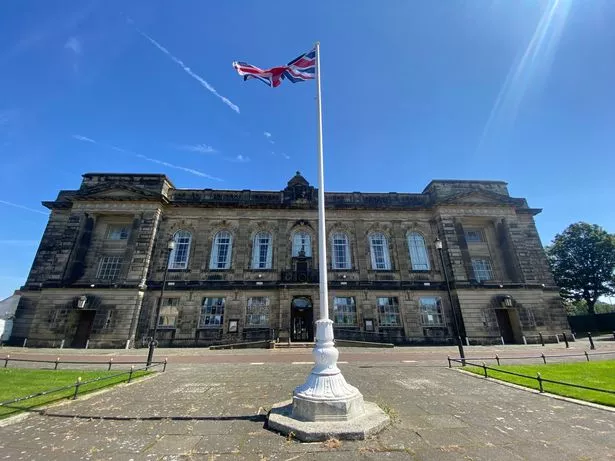 (Image: Copyright Unknown)
(Image: Copyright Unknown)
Cath Griffiths, the PCPW’s chair, said more work was needed to address their concerns but acknowledged progress would take take time. The group said the council was working with them more closely and hoped things would improve.
Ms Griffiths said: “The report rightly recognises early signs of progress, and we are pleased that the voice of parent carers has been clearly heard. At the same time, it confirms what families have been telling us for a long time — that the current SEND system remains inconsistent, difficult to navigate, and too often fails to meet the needs of children and young people.
“A generation of children and young people with SEND in Wirral have already been failed. It is vital that this becomes a true turning point — where real, lasting improvements are delivered at pace, and where every family begins to feel the difference of a system that supports them, listens to them, and delivers on its promises.”
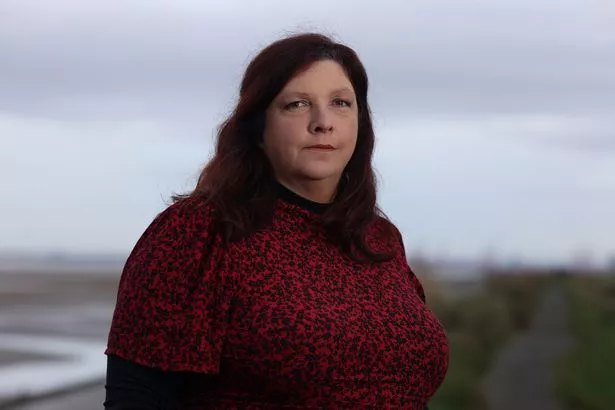 Sue Peacock said the council needed to show it was actually starting to deliver as she said she’s currently dealing with 50 cases in Wirral(Image: Liverpool Echo)
Sue Peacock said the council needed to show it was actually starting to deliver as she said she’s currently dealing with 50 cases in Wirral(Image: Liverpool Echo)
Sue Peacock, a Wirral mum who offers support and legal advice for parents working their way through the SEND system across the country, told the ECHO: “I think I am disappointed and also incredibly frustrated. Families shouldn’t need to have to go through the process of tribunals and stand watching their child deteriorate.
“There shouldn’t be long standing failings. There should be quick assessments for EHCPs. These are the most vulnerable members of our society.
“Get it right and you are looking at them becoming flourishing members of society. Get it wrong and you are looking at a life of adult social care needs. It’s such a knife edge for those kids. It’s not fair on the kids and it’s not fair on the families and it’s not fair on the residents of the borough who are bearing the burden of these systemic failings.”
Though pressures on SEND services are an issue across the country with Liverpool and Sefton also experiencing issues, Sue said: “What they should be saying is we want it to be better.
“They should be leading the way in how it should be done. Saying everyone is struggling when there are some authorities that have done good work, it’s very easy to fall into the mindset of it’s not our fault.
“The question is what the local authority is going to do now. Again OFSTED have shown their failings and the detrimental impact to the children of this borough.”
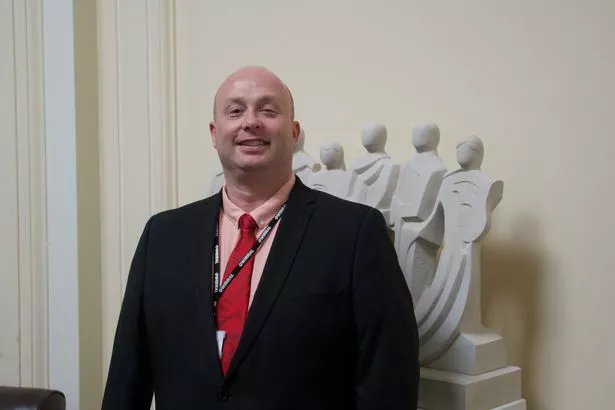 Wirral Council leader Cllr Paul Stuart said: “We have a lot of work to do, but we’re committed to our young people.”(Image: Copyright Unknown)
Wirral Council leader Cllr Paul Stuart said: “We have a lot of work to do, but we’re committed to our young people.”(Image: Copyright Unknown)
Responding to the report, Wirral Council leader Cllr Paul Stuart, and member of the Local Area SEND Partnership Board said: “We have made progress in recent months, which has been recognised by the Department for Education. While we continue to work across the partnership board to make large scale improvements for SEND children and their families, we recognise that these improvements are not yet consistently being felt by families themselves.
“There are still changes needed to improve these vital services and provide positive outcomes for all children and young people with SEND across Wirral. We have a lot of work to do, but we’re committed to our young people.
“There are a lot of dedicated and passionate staff across the partnership working hard to continue to drive that change and I’d thank them for their commitment to our borough and our young people.
“The momentum that Wirral’s Local Area SEND Partnership has already built and the pace of work will continue to ensure that families feel the benefits of these changes and the needs of all children and young people with SEND across Wirral are met – and exceeded.”
The council also pointed to its plan to improve its EHCP performance. By June, it hopes to be at the national average for delivering plans on time with no open cases over 52 weeks with all plans reviewed within 18 months. The council also wants half of EHCPs to be grated good or better reaching 75% by the end of 2025.
The local authority also hopes to halve the number of complaints and tribunal appeals it gets. Between April and December 2024, there were 68 tribunals lodged.
Simon Banks, Place Director (Wirral), NHS Cheshire and Merseyside, said a recovery plan had been endorsed to improve wait times for assessments, adding: “Wirral is an early adopter in the northwest of a new neurodiversity profiling tool that will ensure that neurodevelopmental needs are identified early and support put in place across all areas of a child or young person’s life. The tool will also form part of a new online neurodiversity hub that is being built for Wirral’s Local Offer website, SENDLO.”
